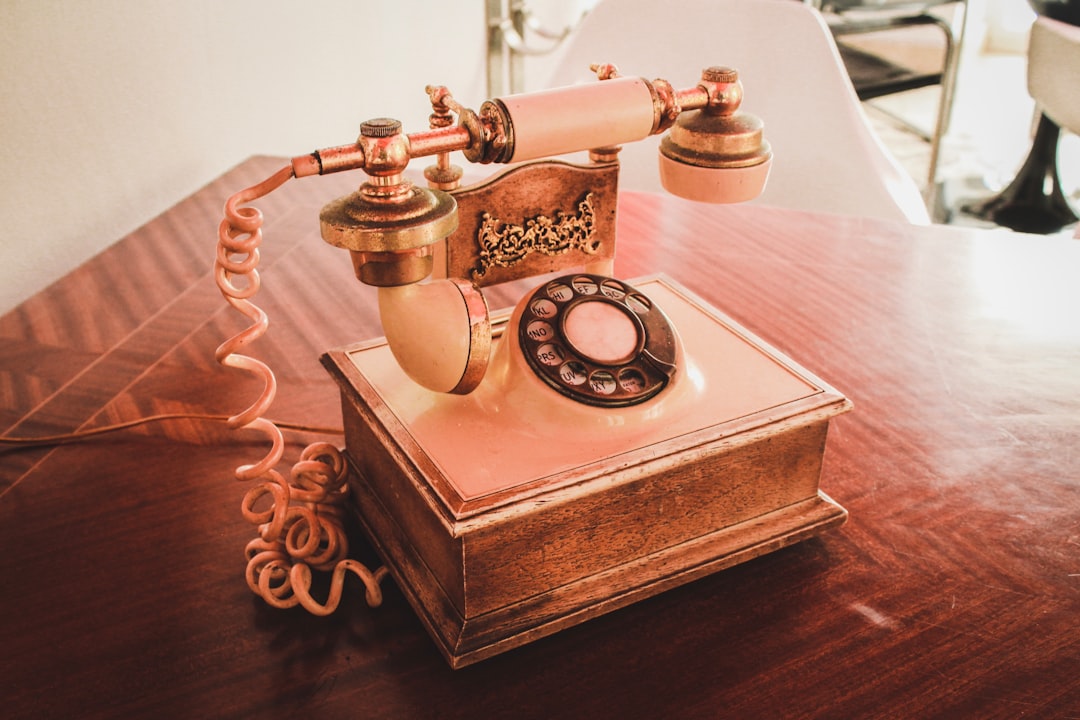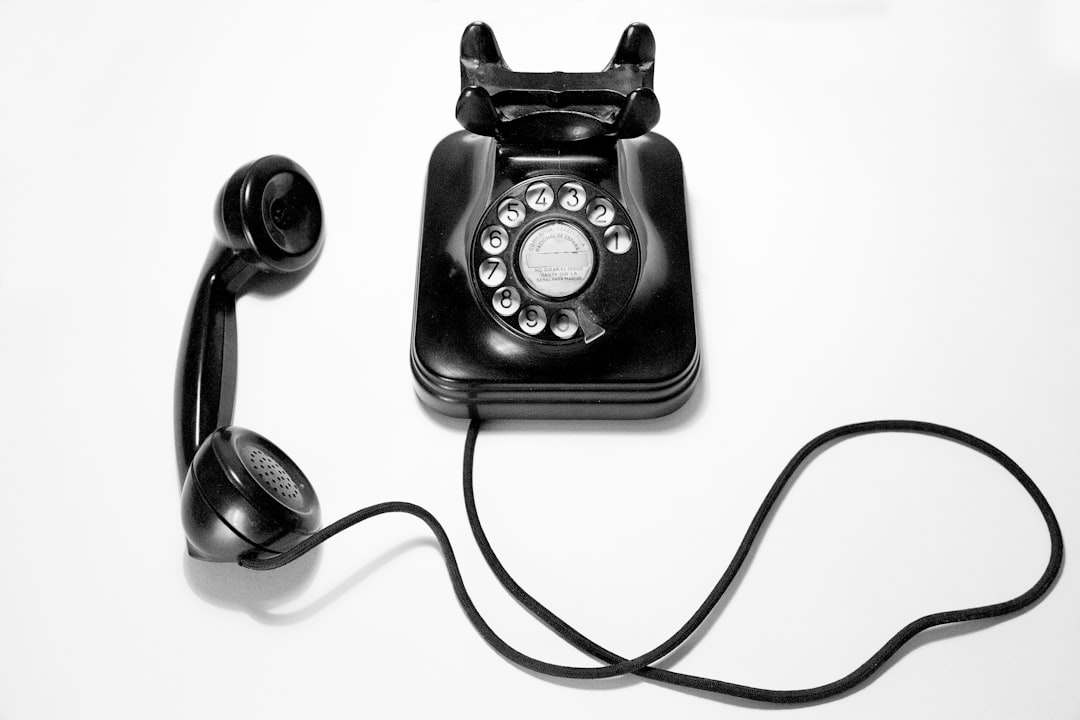In Nebraska, automated phone dialing systems (autodialers) are regulated by the Telephone Consumer Protection Act (TCPA), with strict consent requirements to avoid substantial fines. Businesses and individuals need guidance from qualified autodialer lawyers or attorneys to ensure compliance. Law firms adopting autodialers must balance client outreach with privacy concerns, navigating complex regulations and obtaining consent, offering opt-outs, and adhering to time limits. Specialized autodialer law firms in Nebraska help businesses effectively use autodialing while maintaining TCPA compliance and fostering customer engagement.
“The future of autodialing in Nebraska is a topic of growing importance and complexity. With the rise of automated phone systems, businesses and legal professionals must navigate a landscape of changing regulations and consumer protection laws. This article delves into the intricacies of autodialing, exploring its legal implications within the state. From current challenges faced by users to innovations and best practices, we examine how autodialer law firms in Nebraska are shaping compliance while providing efficient solutions for their clients. Discover insights on selecting the right autodialer lawyer or attorney in Nebraska to ensure regulatory adherence.”
Understanding Autodialing and Its Legal Implications in Nebraska

In Nebraska, autodialing refers to the use of automated phone dialing systems to make outbound calls en masse. This technology is widely employed in marketing campaigns and debt collection efforts, but it also raises significant legal implications. The Telephone Consumer Protection Act (TCPA) restricts the use of autodialers, mandating explicit consent from recipients before making automated calls. Violations can lead to substantial fines, making it crucial for businesses and individuals using autodialers in Nebraska to understand and adhere to these laws. Seeking guidance from an autodialer lawyer or autodialer attorney in Nebraska is essential to ensure compliance and mitigate potential legal risks.
With the proliferation of such technology, understanding the nuances of the TCPA is more important than ever. Businesses must be mindful of how they obtain and document consent, while consumers have rights to stop unwanted calls. An autodialer law firm in Nebraska can provide specialized knowledge to navigate these complex regulations, ensuring clients stay within legal boundaries while leveraging the benefits of autodialing technology. By staying informed about autodialer laws and consulting with qualified professionals, businesses and residents alike can protect themselves in this evolving landscape.
Current Challenges Facing Autodialer Users in the State

The current landscape of autodialing in Nebraska presents several challenges for users, particularly those involved in legal practices. With the rapid advancement of technology, many lawyers and attorneys in the state have adopted autodialers as a means to automate their outreach strategies, enhancing client acquisition and retention. However, navigating the regulatory environment surrounding autodialer use can be complex. Non-compliance with state laws regarding telemarketing and consumer protection can result in severe penalties, causing significant setbacks for law firms.
Additionally, maintaining a delicate balance between effective marketing and respecting consumer privacy is a constant concern. As Nebraska joins the nationwide push for stricter data privacy regulations, autodialer users must adapt their practices to ensure compliance while still leveraging the technology’s benefits. This includes obtaining proper consent, providing opt-out options, and adhering to time restrictions to avoid upsetting potential clients and facing legal repercussions from the autodialer lawyer Nebraska or autodialer attorney Nebraska they represent.
Innovations and Best Practices for Efficient and Compliant Autodialing

In the realm of modern communication, efficient and compliant autodialing systems are transforming how businesses in Nebraska reach their customers. Innovations such as predictive analytics and artificial intelligence empower autodialer lawyers and attorneys to personalize calls, improving engagement rates. Advanced autodialer law firms in Nebraska leverage machine learning algorithms to optimize call routing, ensuring that the right message gets to the right person at the right time. This not only enhances customer satisfaction but also boosts response rates, making it a game-changer for marketing campaigns and customer service initiatives.
Best practices for ethical and effective autodialing include obtaining prior express consent from callers, providing clear opt-out options, and adhering to time restrictions on automated calls. Reputable autodialer attorneys in Nebraska advocate for compliance with regulations like the Telephone Consumer Protection Act (TCPA) to protect consumers’ rights while enabling businesses to thrive. By embracing these strategies, companies can navigate the challenges of autodialing effectively, fostering a symphony of communication that resonates with their target audience.
The Role of Law Firms in Navigating and Shaping Autodialer Regulations in Nebraska

Law firms in Nebraska play a pivotal role in navigating and shaping the regulations surrounding autodialers. As the use of automated dialing systems becomes more prevalent, legal experts are instrumental in ensuring compliance with state laws while advocating for innovative practices that balance consumer protection with business needs. These attorneys specialize in telecommunications law and have an in-depth understanding of the regulatory landscape, enabling them to guide clients through complex issues such as do-not-call lists, consent mechanisms, and data privacy concerns.
By representing both businesses adopting autodialing technologies and consumers advocating for responsible practices, Nebraska’s autodialer lawyers contribute to a balanced approach. They actively participate in legislative discussions, provide strategic legal advice, and represent clients in administrative proceedings, shaping the future of autodialer regulations in the state. Their expertise ensures that laws are fair, effective, and adaptable to technological advancements.






